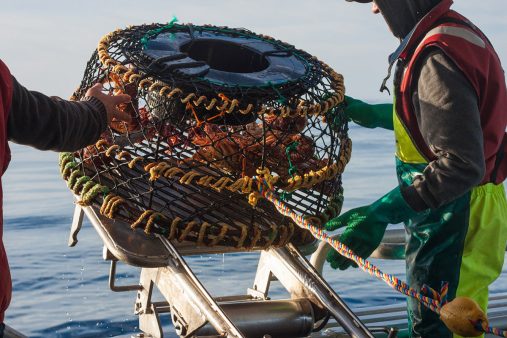Geraldton Fishermen’s Coop
Australia’s largest fishing co-operative
Geraldton Fishermen’s Co-operative fast facts (July 2020)
- Established: 1950 in Western Australia
- Turnover: $400 million
- Member businesses: 300
Established in 1950, Geraldton Fishermen’s Co-operative (GFC) was formed by a small group of Western Australian rock lobster fishermen who sought to take control of their own future. Over the past 70 years, GFC has grown to become the largest rock lobster exporter in the world and one of Australia’s largest and most successful co‑operatives.
GFC is good for its members: it is 100 per cent owned by fishermen and license holders supplying the Co‑operative and is operated for the benefit of members. GFC members have a direct stake in the financial success of the company and a deep pride in the famous Brolos brand, motivating them to catch and produce the best rock lobster product possible.
The Co-op’s core purpose is to create the maximum value to fishermen. It ensures high quality regional employment that is secure and facilitates self-determination.
With an annual turnover in excess of AU$400m, GFC is a major exporter for the WA economy supporting more than 500 fishermen, employees, and their families along a thousand kilometres of WA’s coastline.
Co-operative Conversations
Watch Co-operative Conversations, Episode 3 Part 2: Roundtable. During this roundtable we examine how some of Australia’s leading agricultural co-ops work to maximise produce and the food manufacturing supply chain. Journalist Pete Lewis and our farmer panel, including Matt Rutter, Chief Executive Officer of Geraldton Fishermen’s Co-operative Ltd, discuss and explore how maximising their produce into marketable products can transform producers from price takers to price makers.
"Yeah, very proud. We're obviously one of the primary industries in Geraldton, but we're across all of the coastal towns, up and down 1,000 kilometres of coastline, which to be honest wouldn't exist, some of those smaller towns, if there wasn't the rock lobster industry generating the local economy because there's simply no other business that goes on there, but it underpins then the tourism in those towns. It also gives a sense of identity. I agree with what's been said earlier around the sense of identity linking in with this really important community resource. So like I say, it's fundamental to those regional towns. Simply in our case, probably 50% of them would simply not exist." - Matt Rutter, Chief Executive Officer of Geraldton Fishermen’s Co-operative Ltd
One of the things a co-operative can do is unite a community or collective of producers to work together to overcome adversity. We speak with some different horticultural co-operatives, including Basil Lenzo, Chairman of Geraldton Fishermen’s Co-operative Ltd, about the challenges that brought them together in the first place and how they have used co-operation to mutual benefit. How can co-ops help producers access shared services and value add through new business ventures and access new markets? Watch Co-operative Conversations, Episode 4 Part 2: Roundtable.
“I think everyone should be in a cooperative if they’re in a small business. I mean, there are reasons why it works so well, and the collective wisdom and the collective grouping of individual businesses makes so much sense if it’s economy for scale or if it’s for the benefit of the community or for social aspects as well. Most definitely. ” - Basil Lenzo, Chairman, Geraldton Fishermen’s Co operative
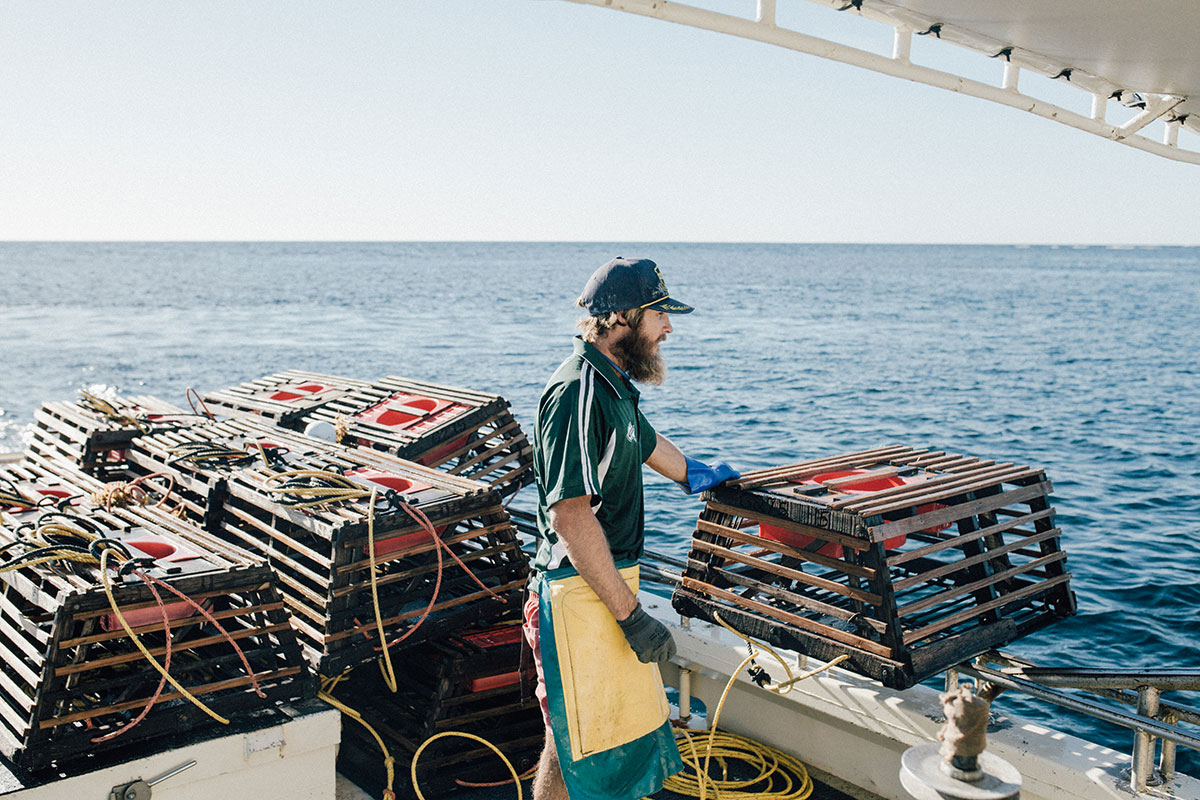

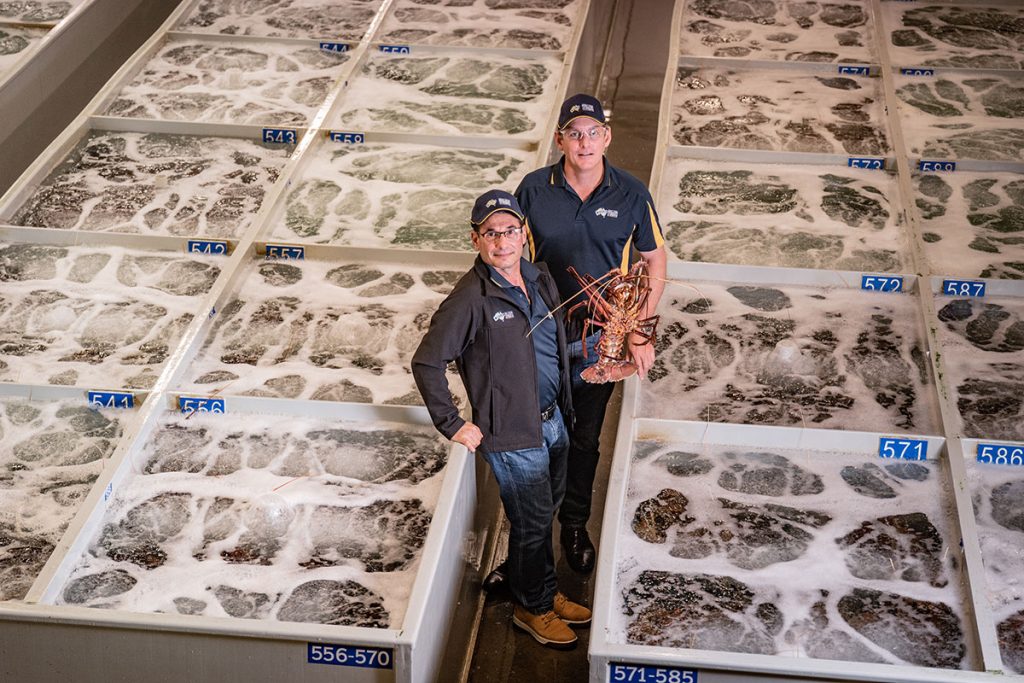
Keep reading more stories
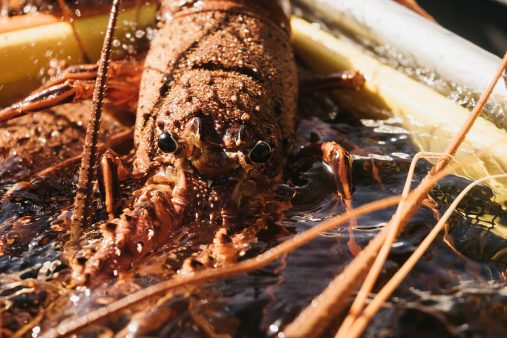
Proudly supporting WA's fishing industry for over 70 years
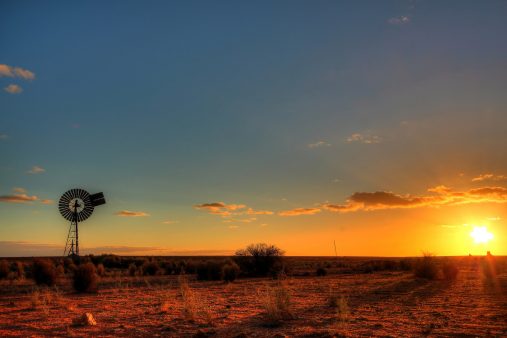
Farming Together stories
